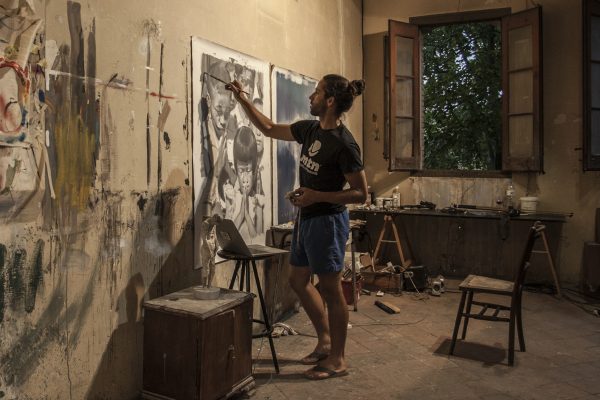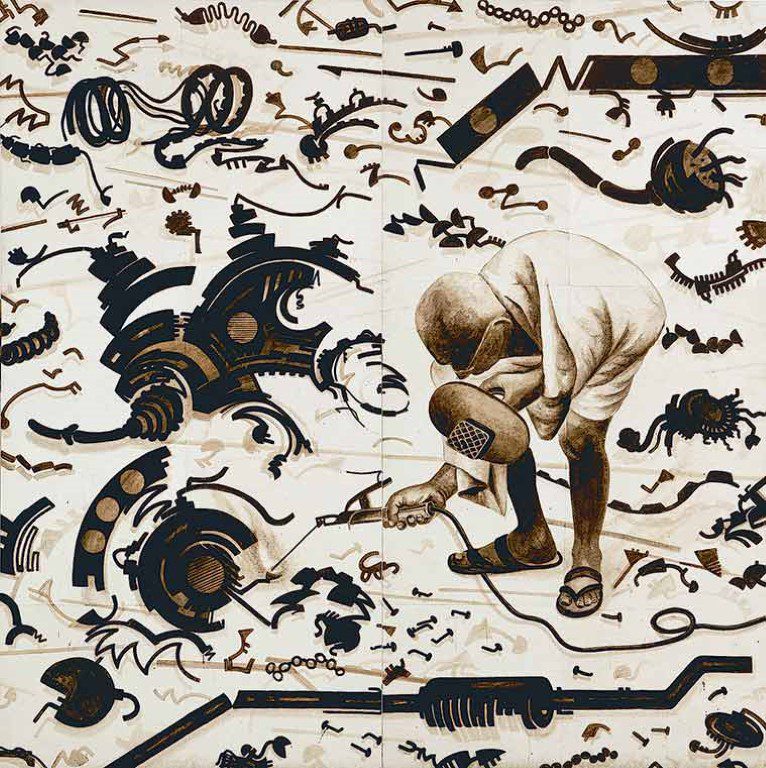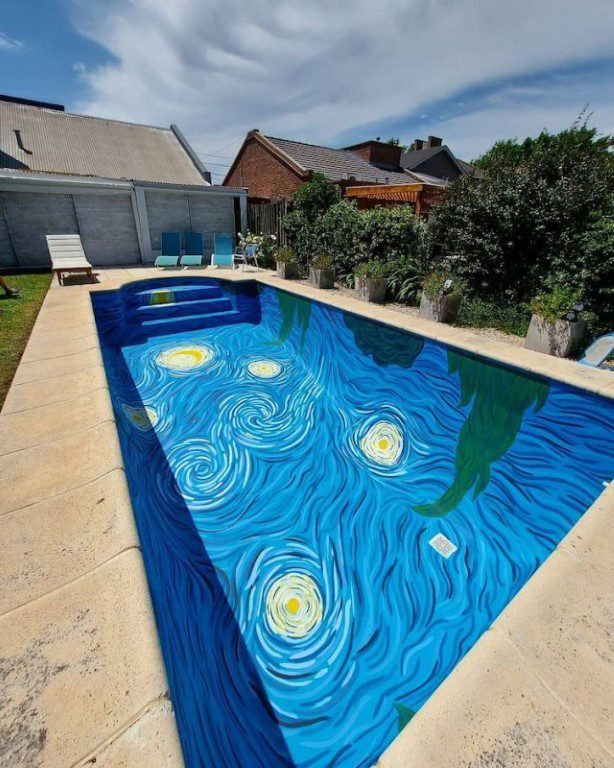Introduction
Spain has embarked on its six-month presidency of the European Union with a notable agenda: the enhancement of working conditions for artists and cultural workers across the EU’s 27 member states. However, critics argue that Spain’s domestic labour reforms, initiated at the beginning of the year and currently stuck in political uncertainty, fall short in addressing the precarious employment situations of artists within the country.
European Parliament Calls for Decent Wages and Social Security
In June, the European Parliament’s culture and employment committees jointly issued a report advocating for an EU-wide framework that ensures fair wages, equitable working practices, and access to social security for culture professionals. The report, co-drafted by Spanish MEP Domènec Ruiz Devesa and Dutch MEP Antonius Manders, highlights the “precariousness and instability” that many culture workers face, including irregular income and a lack of unemployment support.
Hopes for EU-Wide Adoption of Recommendations
Domènec Ruiz Devesa aims to gain approval for the report before the European Council convenes in November. He envisions that EU ministers will use these recommendations as a foundation for discussions aimed at improving the conditions of culture professionals.
Spain’s Model: Statute of the Artist
Spain’s labor reform efforts have already yielded the implementation of a “Statute of the Artist” in January, approved by the Socialist government led by Pedro Sanchez. This legislative reform aims to support approximately 70,000 registered artists in Spain, introducing specific unemployment benefits and reductions in personal income tax rates. Moreover, it permits artists to continue working beyond retirement without forfeiting their pensions.
Visual Artists Left Out
Despite these advancements, not all artists have benefited equally. Gloria Reguero, president of the Union of Contemporary Artists of Spain, notes that visual artists like painters and sculptors are not officially considered “artists” when registering as self-employed in Spain but are classified as “liberal professionals.” Consequently, they are excluded from the reform.
Uncertainty Surrounding Statute of the Artist
The fate of the Statute of the Artist now hangs in the balance following the inconclusive results of the Spanish general election in July, which resulted in a hung parliament without a clear governing majority. The conservative opposition leader, Alberto Núñez Feijóo, will have the first opportunity to form a government in a parliamentary vote on September 27. If unsuccessful, Pedro Sanchez will seek another term in office.
Financial Pressures on Registered Artists
Being registered as an artist in Spain is associated with significant financial pressures. Jesus Díaz, a score composer for film and television, highlights the burden, stating that it costs around €300 per month to maintain self-employed status. This financial barrier hinders the pursuit of a career in the arts.
Inadequacies in Registration Fees
While the Statute of the Artist has been welcomed by organisations such as the Spanish National Federation of Music, concerns persist. Self-employed artists earning less than €3,000 annually are still required to pay €1,932 per year in registration fees, which some consider prohibitively high.
Challenges for Aspiring Artists
The prohibitive costs associated with self-employment have led some aspiring artists to forego the system entirely. David, a 29-year-old photojournalist, describes his struggle to pursue photojournalism full-time while working in a bar to make ends meet. Many artists, like David, worry about their ability to retire comfortably in the future.
Conclusion
As Spain takes the helm of the European Union’s presidency with a commitment to improving artists’ working conditions across the EU, domestic criticisms highlight the need for more comprehensive labor reforms. While progress has been made with the Statute of the Artist, challenges remain, especially for visual artists, and the uncertainty surrounding its future adds complexity to the issue. The European Parliament’s report calling for EU-wide improvements in culture professionals’ employment conditions reflects a broader push for reform within the creative industries across the continent.
Feature image: Only for representation. Courtesy: www.konvent.cat
Painting with Machines: An Introduction to Machine Learning Art

Contributor





